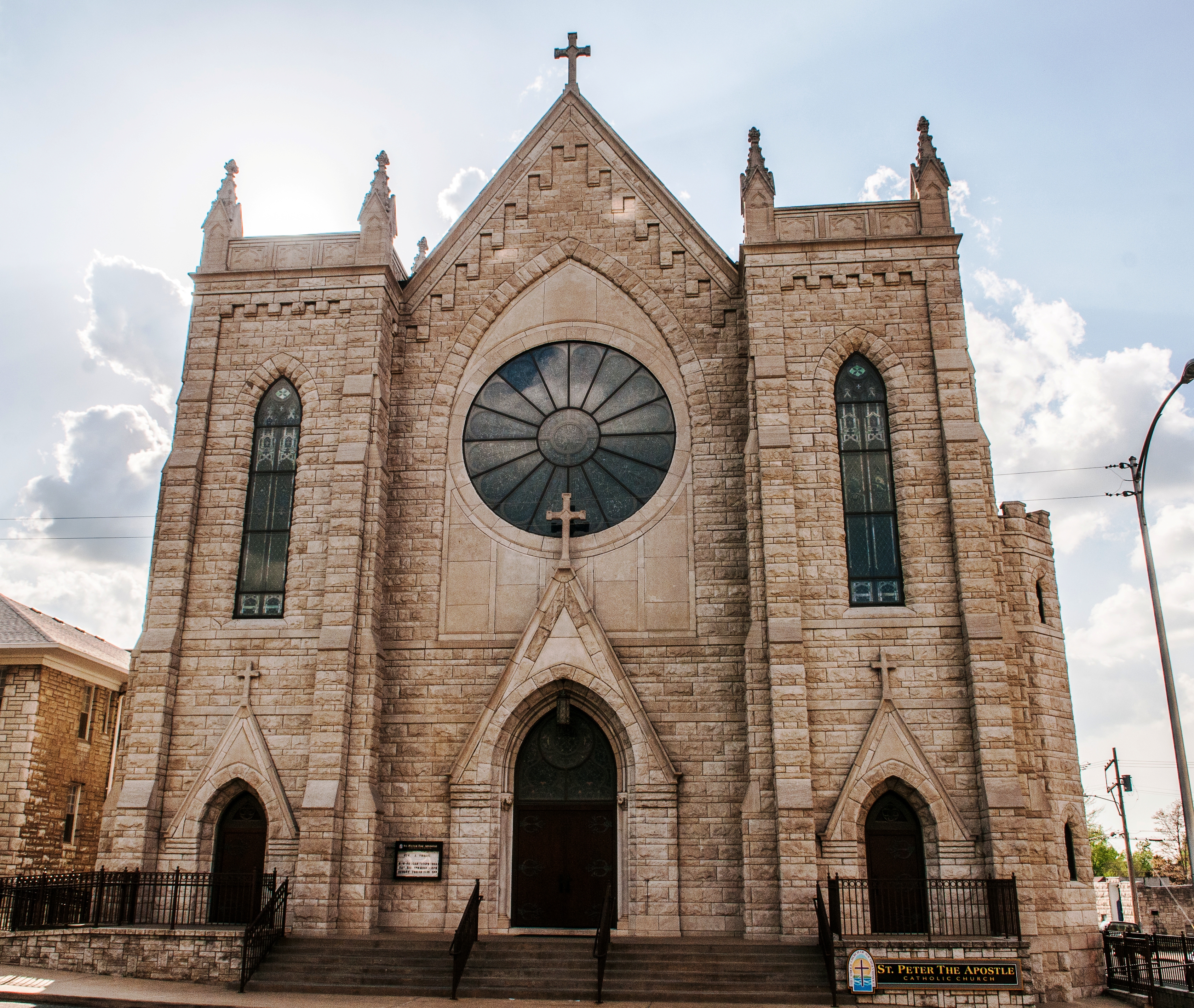Do Churches Fail the Poor?
A note from Al:
Ross Douthat is the one of the most perceptive Catholic pundits in the secular world. This is a great piece in response to President Obama’s recent Georgetown comments about Christians being too preoccupied with the culture war issues of abortion and same sex so-called marriage. As usual the President took a worthwhile point and twisted it to the point of caricature. Douthat takes him to task for it better than anybody else including myself.
– Al Kresta
by Ross Douthat via NYTimes.com
LAST week two prominent Americans — an eminent social scientist and the president of the United States — decided to answer the question: How have America’s churches failed the poor?
Their answer was one deeply congenial to the progressive mind: They’ve been too obsessed with the culture war.
“Over the last 30 years,” Harvard’s Robert Putnam told The Washington Post, “most organized religion has focused on issues regarding sexual morality, such as abortion, gay marriage, all of those. I’m not saying if that’s good or bad, but that’s what they’ve been using all their resources for … It’s been entirely focused on issues of homosexuality and contraception and not at all focused on issues of poverty.”
President Obama’s version, delivered when he shared a stage with Putnam at Georgetown University, was nuanced but similar in thrust: “Despite great caring and concern,” the president remarked, when churches pick “the defining issue” that’s “really going to capture the essence of who we are as Christians,” fighting poverty is often seen as merely “nice to have” compared to “an issue like abortion.”
It would be too kind to call these comments wrong; they were ridiculous. Not only because (as Putnam acknowledged) believers personally give abundantly to charity, but because institutionally the churches of America use “all their resources” in ways that completely belie the idea that they’re obsessed with culture war.
As Mark Hemingway of The Weekly Standard pointed out, “Even the most generous estimates of the resources devoted to pro-life causes and organizations defending traditional marriage are just a few hundred million dollars.” Whereas the budgets of American religious charities and schools and hospitals and other nonprofits are tabulated in the tens of billions. (Indeed, as Bloomberg View’s Megan McArdle noted, some of that money — from Catholic sources — paid Obama’s first community-organizer salary.)
This reality is reflected in the atmosphere of most churches and the public statements of their leaders. Anyone who tells you that America’s pastors are obsessed with homosexuality or abortion only hears them through a media filter. You can attend Masses or megachurches for months without having those issues intrude; you can bore yourself to tears reading denominational statements and bishops’ documents (true long before Pope Francis) with a similar result. The belief that organized religion is organized around culture war is largely a conceit of the irreligious.
Is there a version of the Obama-Putnam critique that makes any sense? Maybe they just meant to criticize religious leaders who make opposition to abortion more of a political priority than publicly-funded antipoverty efforts. But even this critique essentially erases black and Latino churches (who reliably support social programs), ignores decades worth of pro-welfare-state talk from Catholic bishops, and treats the liberal Protestant mainline as dead already.
It also conveniently absolves liberalism of any responsibility for pushing churchgoing Americans toward the small-government G.O.P. That’s an absolution that the Obama White House, with its pro-choice maximalismand attempts to strong-arm religious nonprofits, particularly needs.
No, to actually save the critique, you have to transform it completely. There is a case that churches are failing poorer Americans. But the problem isn’t how they spend money or play politics. It’s a more basic failure to reach out, integrate, and keep them in the pews.
This is the striking story of the last 30 years: Despite the stereotype of religion as something that people “cling to” (to quote a different moment of condescension from this president) in desperate circumstances, actual religious practice has collapsed more quickly among Americans with weaker economic prospects than it has among the college-educated upper class.
Mere religious affiliation has weakened for the poor and working class as well. The much-discussed rise of the “nones” — Americans with no religious affiliation — has been happening in blue -collar America as well as among the hyper-educated.
From a religious perspective, this a signal failure: A church that pays out to help the poor, but doesn’t pray with them, looks less like a church than what Pope Francis has described, unfavorably, as merely another N.G.O.
But even from a secular perspective it’s a problem, because (as Putnam’s work stresses) the social benefits of religion are stronger further down the socioeconomic ladder, and these benefits are delivered through community, practice, and belonging. So churches that spend or lobby effectively for the poor but are stratified come Sunday morning offer less to the common good than if they won a more diverse array of souls.
This critique actually lays a heavier burden on believers than the one Obama and Putnam offered. Their unjust accusation is easily answered by citing what religious Americans do already. The just one, though, requires doing something new.







